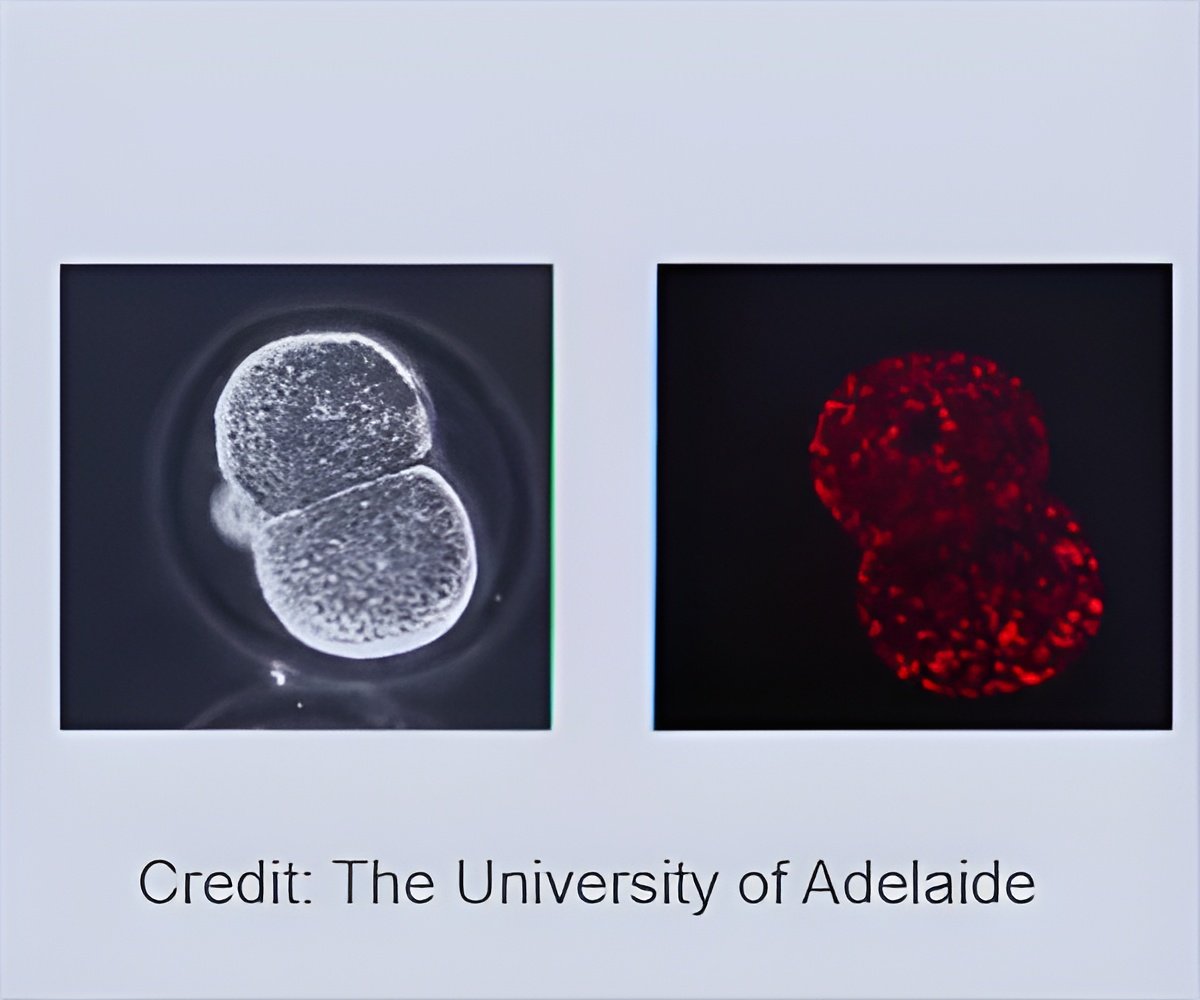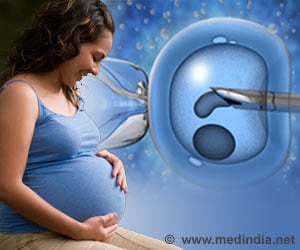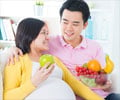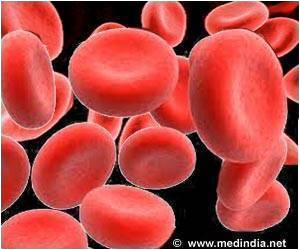Largest UK egg freezing study shows success rates comparable to routine IVF, highlighting a reliable option for women to plan pregnancy at their preferred time.

Outcomes of Social Egg Freezing: A Cohort Study and a Comprehensive Literature Review
Go to source). Published today in the peer-reviewed journal Reproductive Biomedicine Online, this 15-year study analyzed the treatment outcomes for 299 patients who froze their eggs between 2008 and 2022 and later thawed them for fertilization and pregnancy. The study reported an overall live birth rate per embryo transfer of 26%, with variations according to the age at which the eggs were frozen—showing a lower rate for those over 35 and only 5% for those over 40.
‘"UK egg freezing success rates rival routine in vitro fertilization, offering women more reproductive choices." #medindia #eggfreezing’





Study and Broader Trends in Egg Freezing
The cumulative live birth rate after the transfer of all embryos created from the thawed eggs was 34%, rising to 45% in those who had frozen their eggs before the age of 36.‘These are results comparable with those nationally recorded in routine IVF,’ said Professor Nick Macklon, senior author of the study and Medical Director of the London Women’s Clinic. ‘The results are also comparable with those reported from other similar studies in the USA, suggesting that the doubts still commonly expressed about the reliability of egg freezing are misplaced. Taken together, the results appear consistent, predictable and reassuring.’
What has this and other studies told us so far:
- The number of women seeking egg-freezing treatment for personal reasons is increasing; in this single-centre study annual patient numbers rose from 150 women in 2015 to more than 800 in 2022.
- However, the number of women returning to thaw their frozen eggs remains quite low and steady; only 299 of 2171 patients freezing their eggs returned and completed 332 thaw treatment cycles. Thus, the return rate was 14%, a rate similar to that found in other studies.
- Overall, around one quarter of those who fertilised their thawed eggs and transferred them as ‘fresh’ embryos had a baby; the overall cumulative live birth rate, calculated from further frozen embryo transfers was 36% (and 57% in patients who had stored their eggs when aged under 35).
- When all eggs were thawed, fertilised and embryos frozen (‘freeze-all’), live birth rate reached 30% for each frozen/thawed embryo transfer.
- The success rate in freeze-all cycles was considerably improved for those who chose to have their embryos screened for chromosome abnormalities (PGT-A). Indeed, across all ages the use of PGT-A was associated with a live birth rate double that found with freeze-all treatments with an untested embryo (40% vs 21%). Indeed, all live births in women aged 40 or over were from an embryo which had been screened as chromosomally normal.
- The mean age at which the ‘thaw’ patients froze their eggs was 37.6 years; the age at which they returned to thaw and use their eggs was 40 years with an overall average storage period of 24 months.
Reevaluating the Perception and Potential of Egg Freezing
‘These are encouraging results for those considering freezing their eggs for future use,’ said Professor Macklon. ‘Current consensus based on these and other results would be that 10 to 15% of patients who originally froze their eggs in their late thirties will return to thaw and use them when they are, on average, between 40 and 42 years old.’The results also challenge the sceptical perception of egg freezing, which may arise from dated studies. The UK regulator, the Human Fertilisation and Embryology Authority (HFEA), for example, recently warned that ‘when looking at success rates for frozen eggs, numbers tend to be quite low’. However, the results from this large study reflect outcomes which are robustly recorded and analysed, and comparable with those of fresh single embryo transfers in IVF when age and egg quality and quantity are taken into account.
‘It thus seems reasonable to conclude,’ said Professor Macklon, ‘that based on these results and those of other studies egg freezing and thawing can provide a very real opportunity for women to achieve pregnancy and live birth at a time of their choosing. With consistency in results, patient expectations can be managed similarly to all IVF treatments. An assessment of age and embryo quality can help estimate the potential outcomes of treatment.’
Advertisement
- Outcomes of Social Egg Freezing: A Cohort Study and a Comprehensive Literature Review - (https://www.ncbi.nlm.nih.gov/pmc/articles/PMC10342811/)
Source-Eurekalert













